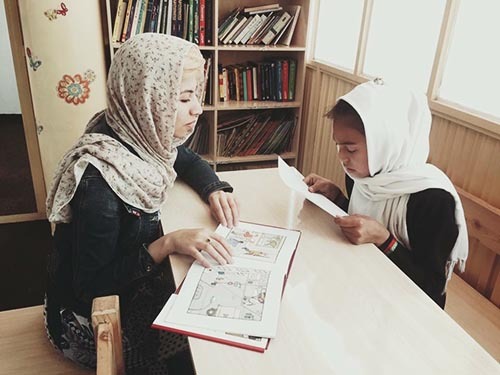
Although Sajia Darwish is only a junior at Mount Holyoke College in Massachusetts, she has accomplished more than most do in an entire lifetime. Darwish is driven by two things: first, her love of her home country, a place devastated by war, poverty, illiteracy, and extremism in the name of religion; and second, a passion for learning. Yet despite all the challenges, her dedication to justice and progress through literacy gave her the strength to overcome innumerable obstacles and open Baale Parwaz Library (BPL) this summer in Kabul, Afghanistan.
It’s been long understood that literacy is the foundation from which cultural revolutions are born, and the opening of Sajia’s library is the first step in a multidimensional approach to support a reading culture in her Kabul community. Currently, between 200 and 350 students visit the new library on a daily basis to read, do school work, or to take out or return a book.
Darwish’s accomplishments are all the more inspiring because of the challenges her gender faces at home. “Women in Afghanistan do not live. Their education, their choice of a life partner, and their everything depends on their fathers’ and brothers’ permissions…” The illiteracy rate of women in her home country is a heartbreaking 85%.
In her inspiring interview that follows with The Global Search for Education, Sajia Darwish defies traditional gender roles and offers a tangible sense of hope for change in even the most tragic circumstances.
Sajia, you created a library at a public school in Kabul. Please tell us why and also how you did it?
Mohammad Asif Mayel High School, where Baale Parwaz Library (BPL) is built, was my school when I was a young girl. At that time I did not have access to any children’s books. I read graduate level books which I took from a closet-sized room called the school library. It only had two shelves and less than a hundred books.
I read because I wanted to find a safe space away from all the turmoil around me, and I found that space amidst pages of books. They gave me peace, strength and wings to fly away from bombs and rockets that kept falling. That is why I named the library Baale Parwaz, which in Farsi means ‘wings to fly’.
Building BPL took approvals from the school principal, the Ministry of Education (MOE) and the financial support of the Afghan Girls Financial Assistance Fund (AGFAF), which also sponsors my education at Mount Holyoke College. At the Ministry, it was difficult to find a department responsible for approving this type of project. I had to explain everything to many, many people and it took several days until I was introduced to the right person.
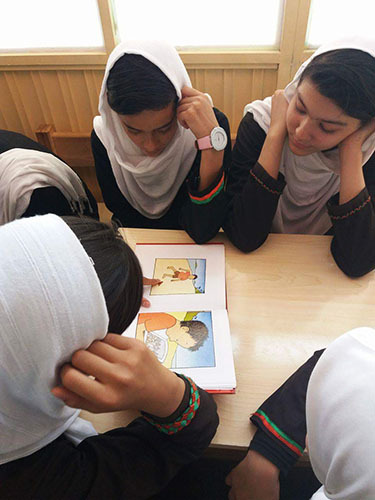
How would you describe your experience collaborating with the Ministry of Education?
None of the people I spoke to at the Ministry ever expected to see a young woman pursuing such a project.
I believe I received approval from both the principal and the MOE because of the passion, drive and determination I brought to this project. I did not want to see my experience that was a lack of books, a lack of encouragement to read, repeated in yet another generation.
So, you got the approval; what happened next?
Once approved, the school did not have a room for the library so we took the principal’s offer of an outside balcony and began from there.
Library in Farsi translates to “Ketab Khana,” which literally means House of Books; and that is what the libraries are in most public schools. Unfortunately, because Afghanistan lacks a strong reading culture, having a school library is not seen as a priority. When a public school is built, people don’t usually designate space for a library. Even in those schools with a library, it is often a small, uninviting space, poorly lit with a few hundred books stacked on shelves. There is no space for studying, group discussions or collaborative work. And certainly no book clubs or reading hours take place.
I wanted Baale Parwaz Library to be different. I wanted the elements of studying and collaborative work to be a part of the library in addition to a source of books. The books we chose were partly selected by the school’s teachers to complement the limited materials the MOE provides, and partly novels, short stories, wordless books and self-help books we chose. Today, BPL serves over 500 students a day, providing books, a space to study and work collaboratively, a room for our two book clubs to meet and a reading hour to be held for the younger siblings of students who are library members.
But being able to read and work in a library and take out books is only a starting point. When students take books home, their families become exposed to the idea of reading for expanding their knowledge, for fun and for entertainment. Families, friends and others who are included become part of a chain of awareness that slowly cracks the wall between people and books. It is not only the physical existence of a library that is important. What matters most are the activities happening among the families and friends of its members beyond its walls. In the next five years, I am sure this small library will inspire others to build new libraries, which will lead to more books coming into homes of students than ever before. It will also have made more people realize the value of books. Insha’Allah!
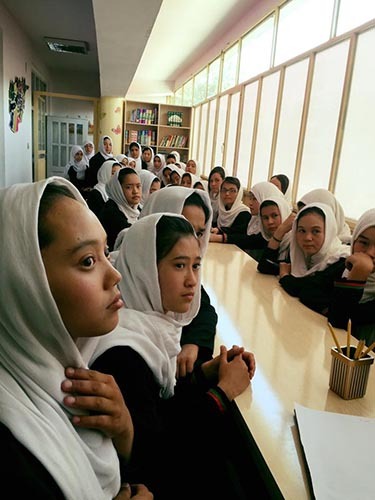
What are the important lessons you’ve learned from building the Baale Parwaz Library?
The lessons I have learned from this project are numerous. Given my gender, I have learned that there will be challenges I will face in the Afghan society no matter what I do. But in order to initiate a change, I will have to stand strong and focus on my objectives. All the false religious beliefs and devaluing traditions interwoven in the social fabric of the Afghan society could pull one away rather easily. There are not many women role models to follow or any strong source of support to lean on. Girls and women who want to bring something new into the society are on their own, and I was one of them.
How do you see the role of young women in Afghan society?
When I think of women in Afghanistan, I feel a chain wrapping around my heart. When I was young, I did not understand why people would rate Afghanistan as the worst place for women, but now I do. Women in Afghanistan are seen as objects of beauty and grace when it comes to fulfillment of men’s sexual expectations, but other than that, they get stepped over in the name of Islam and Quran, in the name of Ghairat and Namos. Fathers and brothers kill their daughters and sisters because they have somehow shamed the family and have brought down their Ghairat, the Afghan honor. Many women burn themselves. They get stoned, killed by mobs. Women in Afghanistan do not live. Their education, their choice of a life partner and their everything depends on their fathers’ and brothers’ permissions. The UN reports that 85% of Afghan women are illiterate. We must change the role gender plays in determining how a person is treated. That would change everything. If the entire patriarchal social structure were successfully challenged, women could be in charge of their own lives.
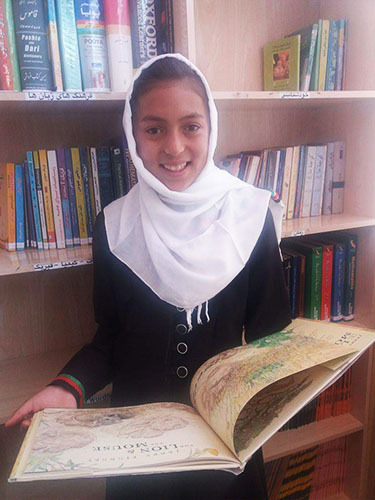
Do you believe a young woman’s role is lesser or greater than that of a young man’s?
I have never thought of a woman’s role being lesser than a man’s. Even in Afghanistan, a place where women’s efforts are invisible, they are the ones who keep everything together. From taking care of the house to giving birth, to raising children and to some level, contributing to the family’s economy, they are the magical hands that no one sees.
You are a junior at Mount Holyoke College. Tell us how you got there.
BPL would not have happened had I not traveled abroad for my education. I first came to the United States at the age of 13 for a summer camp called Seeds of Peace. After going back home, I applied for high schools in the United States and received a full scholarship to The Ethel Walker School in Connecticut. In 2014, I came to Mount Holyoke College in Massachusetts where I am a junior studying international relations.
What has the experience of a college education in the United States meant to you?
Seven years of studying abroad — experiencing new cultures, taking life-changing courses, meeting people from all over the world and longing for home, for my loved ones — has taught me life lessons that have shaped me into who I am today. Attending an all-girls high school and an all-women college has been an unbelievable privilege for me. People here tend to take things that are not even accessible for others for granted. I have grown up somewhere in the middle of two completely different societies, but what I have learned is that women’s lives have been played with throughout history, time and again, all over the world. It is about time for women, no matter if in Afghanistan or the United States, to take control of their lives and value themselves, because if they do not, no one else will.
(All Photos are courtesy of the Baale Parwaz Library)
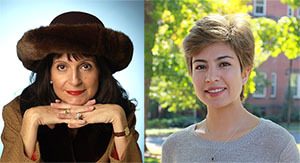
Join me and globally renowned thought leaders including Sir Michael Barber (UK), Dr. Michael Block (U.S.), Dr. Leon Botstein (U.S.), Professor Clay Christensen (U.S.), Dr. Linda Darling-Hammond (U.S.), Dr. MadhavChavan (India), Professor Michael Fullan (Canada), Professor Howard Gardner (U.S.), Professor Andy Hargreaves (U.S.), Professor Yvonne Hellman (The Netherlands), Professor Kristin Helstad (Norway), Jean Hendrickson (U.S.), Professor Rose Hipkins (New Zealand), Professor Cornelia Hoogland (Canada), Honourable Jeff Johnson (Canada), Mme. Chantal Kaufmann (Belgium), Dr. EijaKauppinen (Finland), State Secretary TapioKosunen (Finland), Professor Dominique Lafontaine (Belgium), Professor Hugh Lauder (UK), Lord Ken Macdonald (UK), Professor Geoff Masters (Australia), Professor Barry McGaw (Australia), Shiv Nadar (India), Professor R. Natarajan (India), Dr. Pak Tee Ng (Singapore), Dr. Denise Pope (US), Sridhar Rajagopalan (India), Dr. Diane Ravitch (U.S.), Richard Wilson Riley (U.S.), Sir Ken Robinson (UK), Professor Pasi Sahlberg (Finland), Professor Manabu Sato (Japan), Andreas Schleicher (PISA, OECD), Dr. Anthony Seldon (UK), Dr. David Shaffer (U.S.), Dr. Kirsten Sivesind (Norway), Chancellor Stephen Spahn (U.S.), Yves Theze (LyceeFrancais U.S.), Professor Charles Ungerleider (Canada), Professor Tony Wagner (U.S.), Sir David Watson (UK), Professor Dylan Wiliam (UK), Dr. Mark Wormald (UK), Professor Theo Wubbels (The Netherlands), Professor Michael Young (UK), and Professor Minxuan Zhang (China) as they explore the big picture education questions that all nations face today.
The Global Search for Education Community Page
C. M. Rubin is the author of two widely read online series for which she received a 2011 Upton Sinclair award, “The Global Search for Education” and “How Will We Read?” She is also the author of three bestselling books, including The Real Alice in Wonderland, is the publisher of CMRubinWorld, and is a Disruptor Foundation Fellow.
Follow C. M. Rubin on Twitter: www.twitter.com/@cmrubinworld


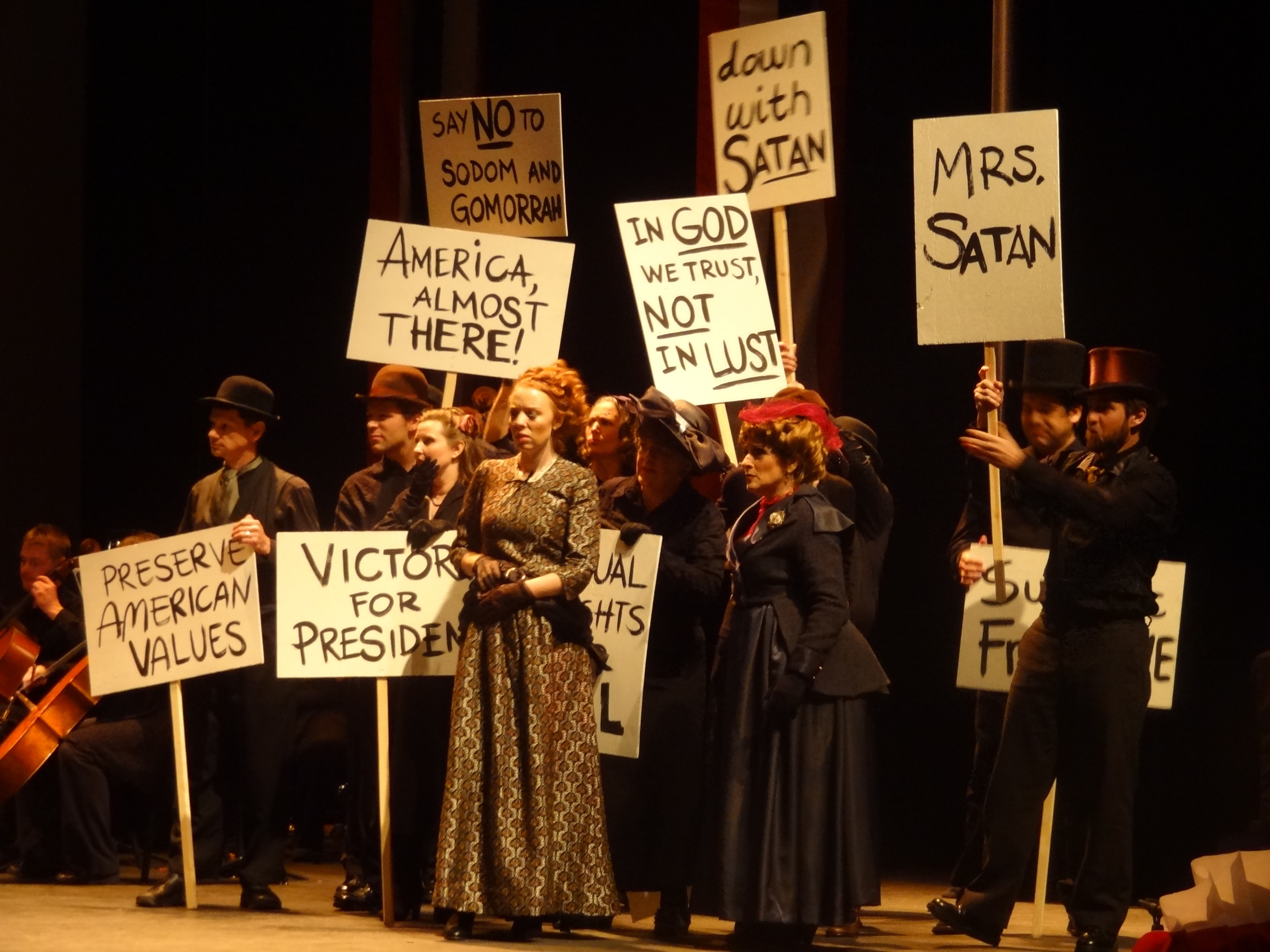
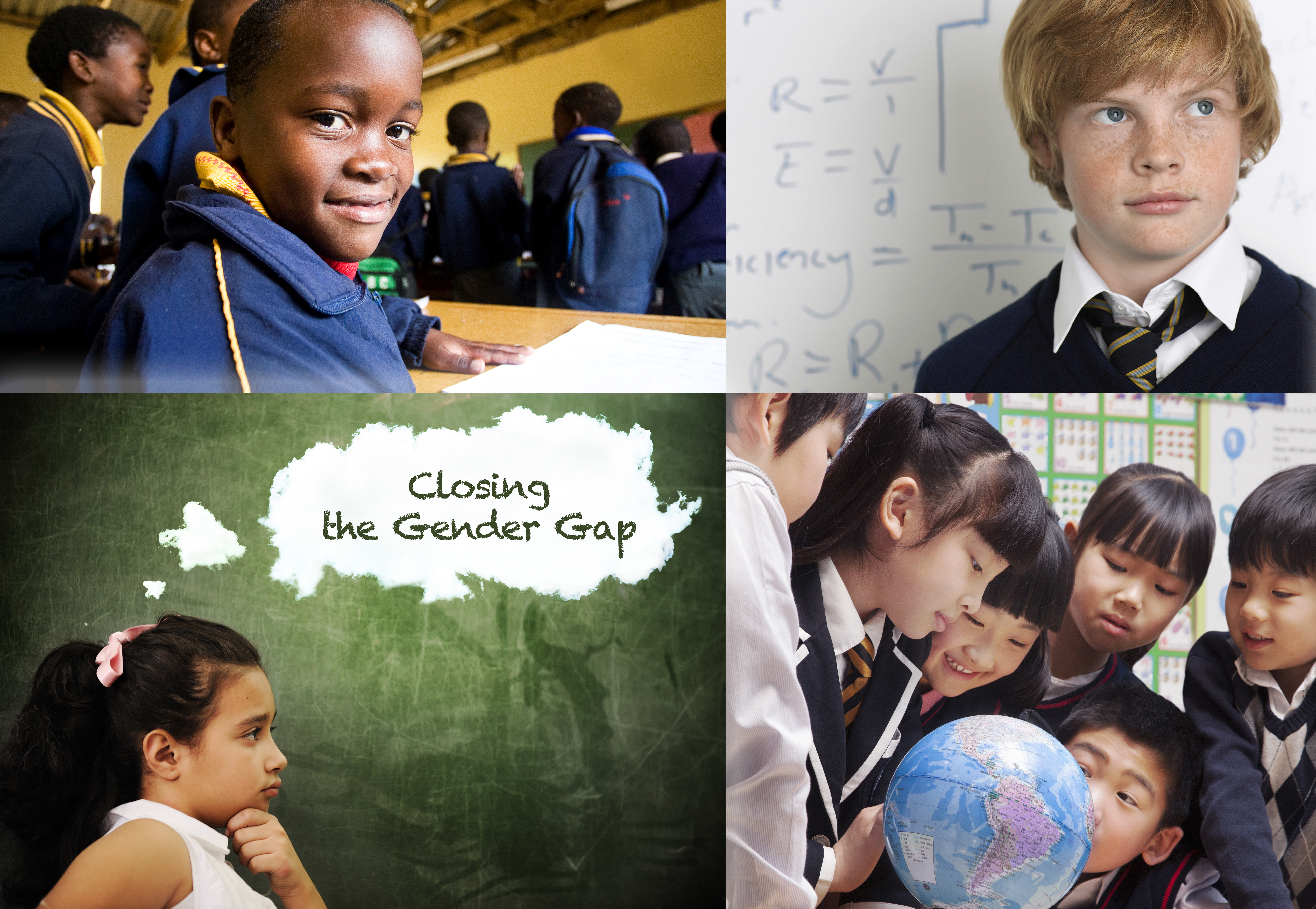
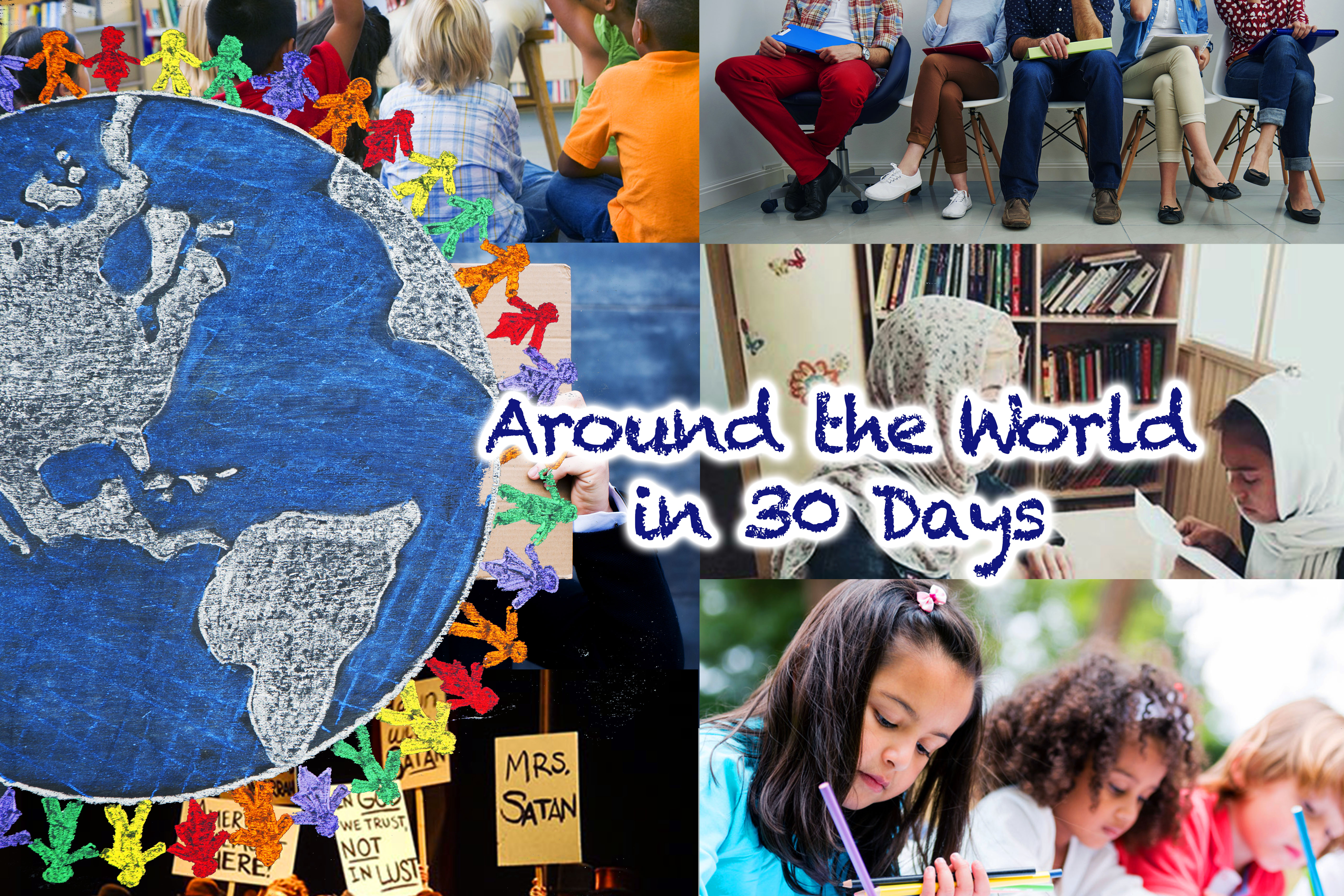
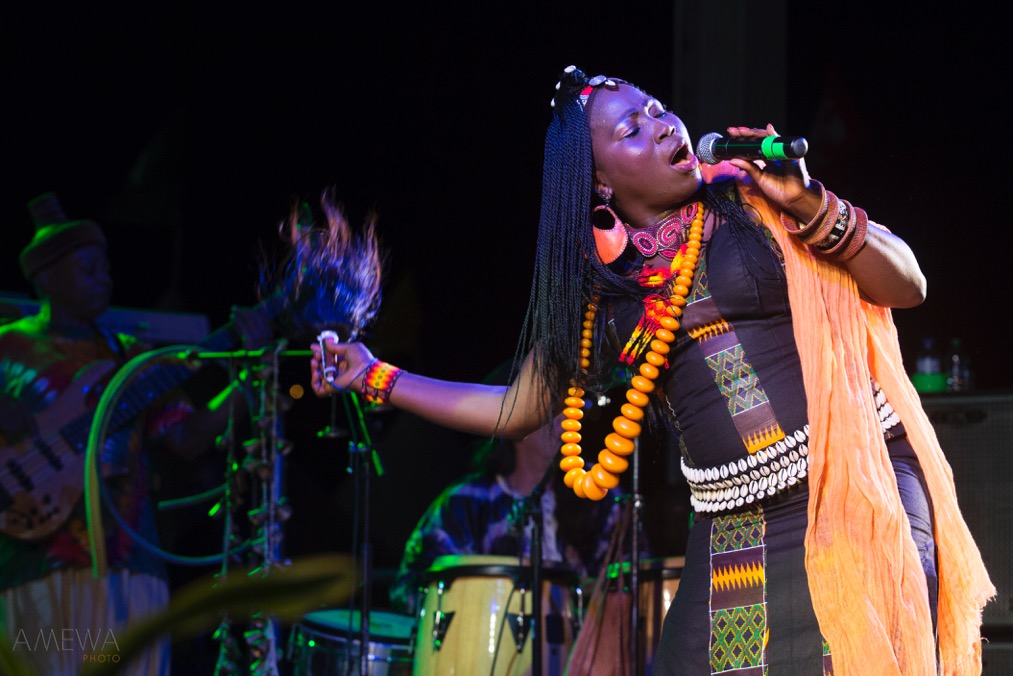
Recent Comments